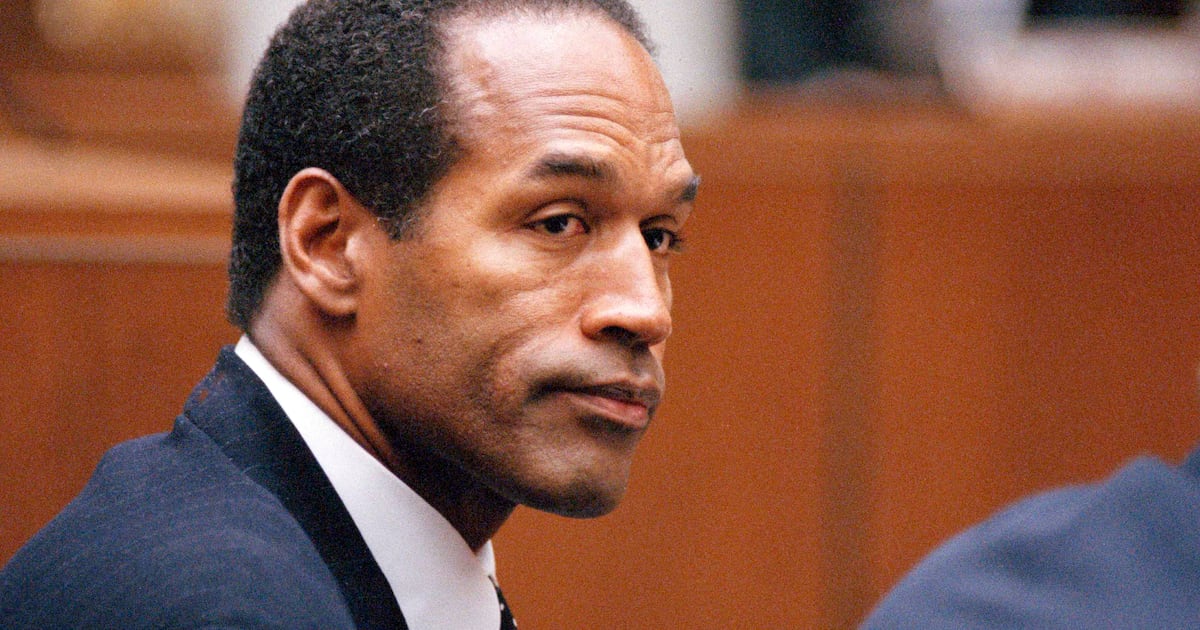Introduction: Music Reflects on a Cultural Phenomenon
The complex legacy of O.J. Simpson has permeated various forms of art, with musicians across genres—from punk rock to hip-hop—drawing inspiration from his dramatic public life and the notorious legal battles that followed. Simpson, the ex-NFL star acquitted in a widely publicized double murder trial, passed away recently at 76, reigniting discussions about his impact on culture and media. Artists have used their platforms to explore the case’s implications on race, celebrity, and media, offering a range of perspectives through their lyrics.
Musical Narratives Sparked by Simpson’s Life and Trial
The 1995 trial of O.J. Simpson not only captured the attention of millions worldwide but also inspired musicians to comment on the societal issues it highlighted. This section delves into four significant tracks that explore themes from Simpson’s trial and its aftermath, reflecting on racial dynamics, media portrayal, and the American justice system.
1. Jay Z’s Sociopolitical Commentary in “The Story of OJ”
Jay Z’s track “The Story of OJ” uses a quote attributed to Simpson—”I’m not black, I’m OJ”—to discuss the illusion of racial transcendence through celebrity status. The song critiques the portrayal of African Americans in media and examines the barriers to social advancement, highlighting the persistence of racial inequality in America.
2. Sublime Connects Historical Events in “April 29, 1992 (Miami)”
Sublime’s song links the racial tensions highlighted by Simpson’s trial to broader societal unrest, notably the L.A. riots. By juxtaposing these events, the band paints a picture of a city and a nation grappling with deep-seated racial issues, intensified by high-profile cases like Simpson’s.
3. Eminem’s Bold Critique in “Role Model”
Eminem’s “Role Model” touches on the trial in a manner that critiques celebrity culture and the sensationalism of American media. The lyrics, sharp and unapologetic, reflect on the public’s obsession with scandal and the consequences of fame.
4. Wesley Willis’s Direct Approach in “OJ Simpson”
Wesley Willis’s song about Simpson takes a more straightforward approach, narrating the events like a crime report. Willis’s lyrics do not shy away from condemning Simpson, providing a stark contrast to the more nuanced takes of other artists.
Conclusion: A Multi-Faceted Musical Exploration
The diversity of musical responses to O.J. Simpson’s trial illustrates the wide-ranging influence of his story on popular culture. These songs not only enrich our understanding of the trial’s impact but also challenge us to think critically about the interplay between celebrity, justice, and media. As artists continue to draw from real-life events, their work serves as a reflective lens through which we can explore complex societal issues, demonstrating the power of music to engage with and critique cultural phenomena.
